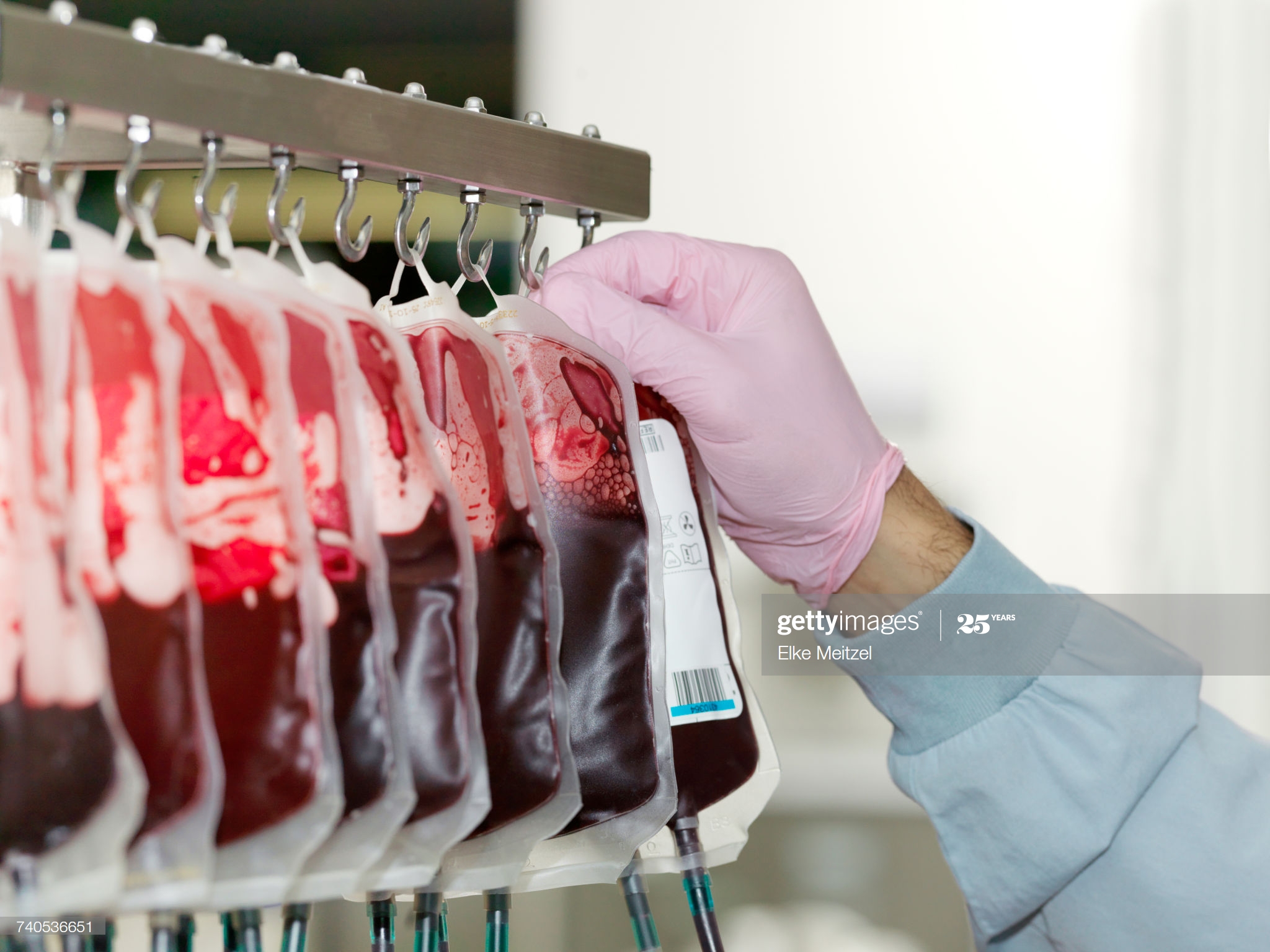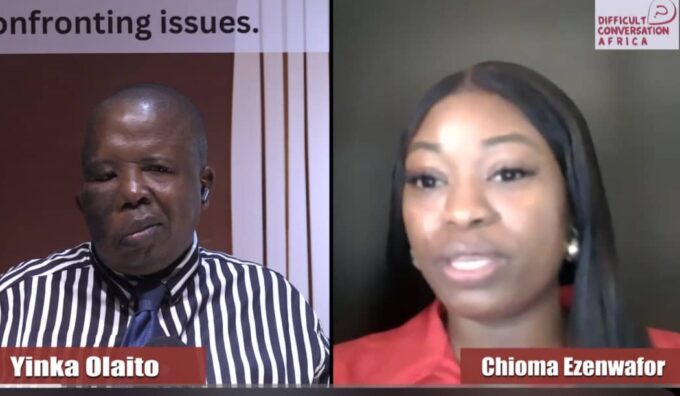A research report by scientists in China suggesting that people with certain blood types may be more susceptible to the COVID-19 virus has been shared on social media and reported by media outlets in the past weeks, causing some to wonder if they are more likely to get the virus because of their genetics.
The study looked at more than 2,000 patients in China who tested positive for COVID-19. The study involved patients from three hospitals in Wuhan and Shenzhen, China, the area of the country where it is believed the virus was first transmitted to humans.
According to the research, people with type A blood appear to be more at risk than those with other blood types.
What the research said
The study looked at the blood types of 2,173 patients from three hospitals and compared those blood types to the blood types of a group of 3,694 people who are representative of the general population of Wuhan.
What they found was that the percentage of people hospitalized with COVID-19 who had blood type A was significantly higher than it was among the general population.
The study also showed that the proportion of people with blood type O who were hospitalized with the virus was significantly lower than the people with blood type O among the general population.
According to the research, 32.16 percent of the population researchers studied in Wuhan has blood type A, while 33.84 percent have blood type O.
Of those hospitalized for COVID-19, 37.75 percent had blood type A, while 25.8 percent had blood type O. Of the 206 patients in the study who died, 85 had blood type A or about 41 percent of all deaths, the study showed.
What others say about the research
The study was posted on medRxiv, which is an online archive for researchers to post studies they have conducted but that have not been reviewed by their peers.
When scientific research is completed, it is offered for review by other scientists who look for any errors in the work or flaws in the methods used to conduct the research. The study from Wuhan is currently a “preprint,” meaning it is posted online for review, but has not been vetted by peers or published in a medical journal.
Dr. Sakthivel Vaiyapuri, an associate professor at the University of Reading in the United Kingdom who has read the study, told PolitiFact that he would not give much weight to the study because it had not been peer-reviewed.
“It’s better to safely ignore any article that hasn’t been properly scrutinized by peer review and published in a rigorous scientific journal,” Vaiyapuri said.
Vaiyapuri said the size of the study, and the fact that the research seemed to show no blood type effect for patients in one of the three hospitals used in the study, would lead him to dismiss the conclusions.
“They also haven’t considered several other parameters which might have changed the conclusion completely,” he said. “Moreover, they did not see any effect in one hospital that they analyzed. So this study is too speculative, and data are not robust to make any firm conclusions. People should not panic based on the outcomes of this study.”
Speaking to South China Morning Post, Gao Yingdai, a researcher with the State Key Laboratory of Experimental Hematology in Tianjin, said that the study may be of use to medical researchers, but the public should not be panicked by the findings.
“If you are type A, there is no need to panic. It does not mean you will be infected 100 percent,” Gao said. “If you are type O, it does not mean you are absolutely safe, either. You still need to wash your hands and follow the guidelines issued by authorities.”
Dr. William Petri of the University of Virginia did not discount the findings, but like other researchers, suggested that more testing is needed.
“The work is very preliminary, but it is biologically plausible that different blood groups might vary in their susceptibility to COVID-19,” Petri told Forbes.
Viruses bind to different sugars on the surface of cells, according to Patricia L. Foster, professor emerita of biology at Indiana University. The types of sugars on cells are determined by a person’s genetic makeup including their blood type.
Foster explained in The Conversation how a person’s blood type is determined by genes which, in turn, determine the kind of molecules that are present on the surface of a person’s red blood cells.
Research into the Norovirus, a virus that causes severe vomiting and diarrhea, has shown that people with blood type B are less likely to be infected by the virus because of the sugars present on the cells of a person with that blood type.
Petri went on to explain that “If you are blood group A, you have an extra sugar on the surface of your cells called anacitosal glucosamine, which you don’t have if you are blood group O.”
Such differences in sugars on the surface of cells can account for people with a certain blood type being more likely to be infected by a certain virus.
“The concept that individuals with different ABO blood groups would differ in their susceptibility or resistance to viral and bacterial infections and diseases has been explored since the early 1900s,” Dr. Kirsten Hokeness, of Bryant University, told Forbes.
“A lot of this work has been done in malaria but there have been a number of other bacteria and viruses that have been studied as well, including hepatitis and Norovirus.”
Should you worry more about COVID-19 if you have type A blood?
“If you are blood group A you shouldn’t be more scared,” Petri said, “The study shows very small changes in susceptibility. It goes from 31% of people who reportedly didn’t have COVID-19 versus 38 percent who did. So it’s tiny changes and it hasn’t been replicated and the study has not yet been peer-reviewed.
“So while it’s interesting and it kind of makes sense biologically, it might not be true. Regardless, if it is true, it probably does not have a huge impact on overall susceptibility.”
More facts
Furthermore, Confiance News gathered from an article written by Chunhui Fang, MD, Hillel W. Cohen, DrPh, and Henny H. Billett, MD, it showed that the people with blood group O are less susceptible to VTE than non-blood group O types.
Venous thromboembolism (VTE) is a complex phenomenon influenced by multiple risk factors, which include cancer, trauma, surgery, prolonged immobility, and certain medical conditions
“Our study finds non-O blood types are associated with higher VTE risk independent of comorbidity. When examined within black race, we found, similar to what has been reported for whites, that the VTE rate in blacks was consistently higher in those with non-O blood types than in those with O blood type, suggesting that O blood type may also be protective against VTE in blacks,” they postulated.
Although various blood groups have distinct properties that could make their carriers susceptible or less susceptible to ailments, it is however, not out of place to obey set instructions laid down by World Health Organization (WHO) and other health agencies as a way on containing the spread and eradication of the disease.













Leave a comment